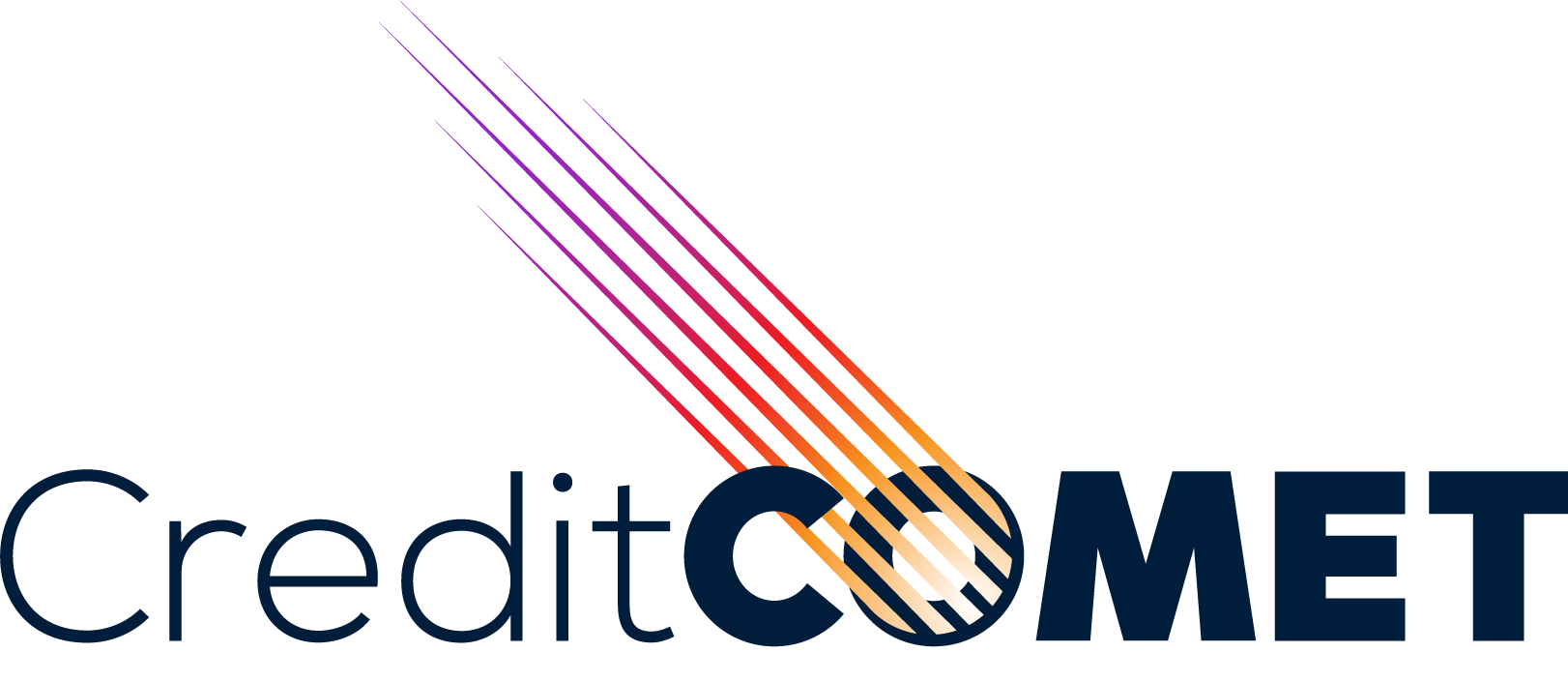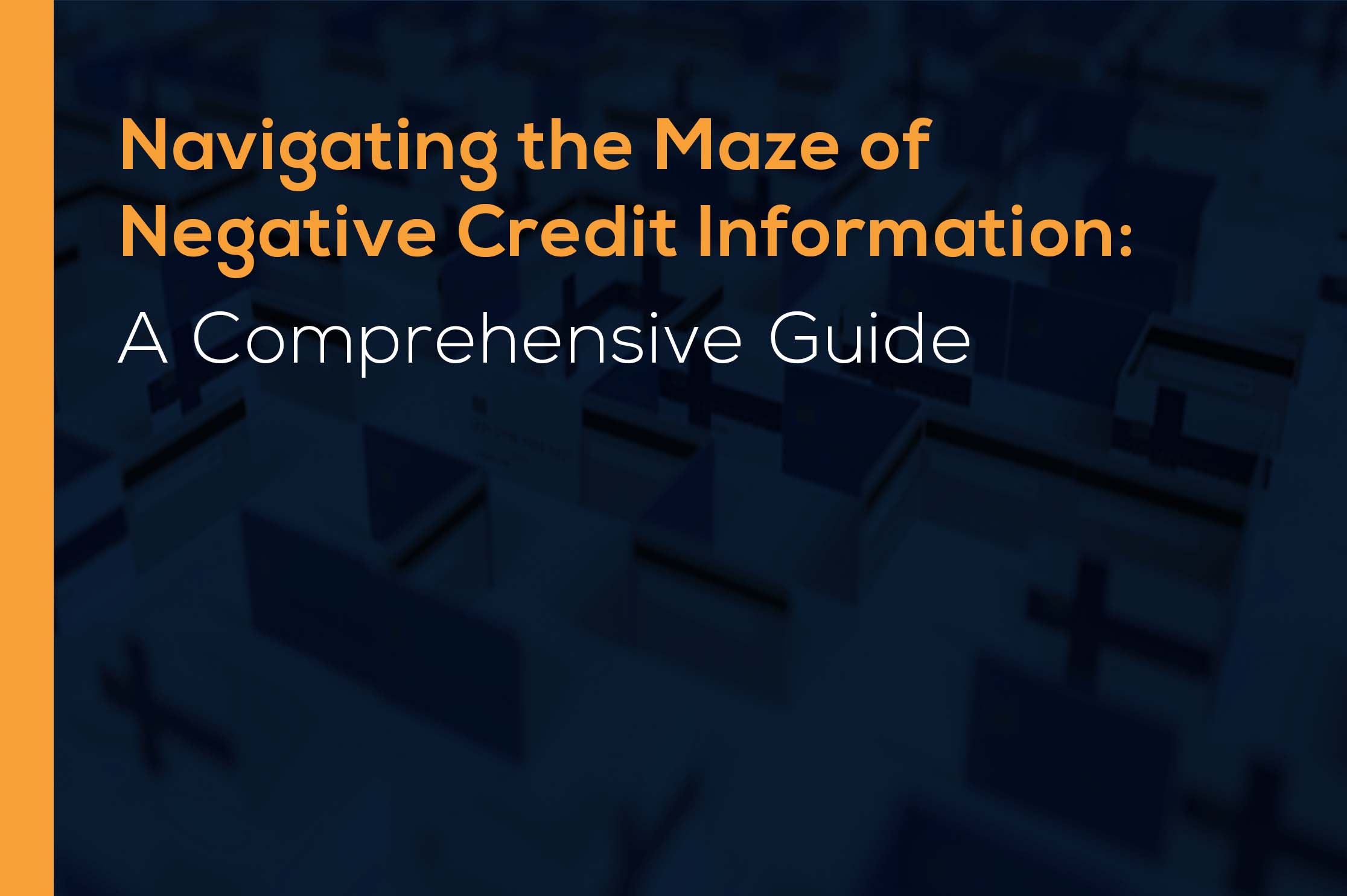Maintaining a healthy credit score is crucial in today’s financial landscape. However, negative information on your credit report can sometimes be inevitable. This guide will delve into the best strategies for managing negative information and taking control of your financial future.
Understanding Negative Information
Before finding solutions, it’s essential to understand what negative information on your credit report entails. Late payments, accounts in collections, bankruptcies, and more can all have a negative impact. Familiarizing yourself with the details is the first step toward crafting a plan of action.
Regularly Monitor Your Credit Report
Knowledge is power. Regularly monitoring your credit report allows you to stay informed about negative entries and catch errors promptly. Utilize free annual credit reports and consider subscribing to a credit monitoring service for real-time updates.
Disputing Inaccuracies
Errors on your credit report can damage your score. If you spot inaccuracies, dispute them with the credit bureau. Provide supporting documentation and follow up to ensure corrections are made. This proactive approach can significantly impact your credit health.
Communicate with Creditors
In cases of late payments or financial struggles, communication is key. Reach out to creditors to discuss your situation. Some may be willing to work with you on a revised payment plan or offer temporary relief. Establishing open lines of communication shows responsibility and may prevent negative information from escalating.
Negotiate Settlements
For accounts in collections, consider negotiating a settlement. Creditors may accept a reduced payment amount to close the account. Ensure that any settlement agreement is documented in writing and clearly outlines the impact on your credit report.
Establish a Good Credit History
Counteract negative entries by building a positive credit history. Make on-time payments, keep credit card balances low, and diversify your credit accounts. Over time, positive information will help outweigh the negative, improving your overall creditworthiness.
Consider Professional Assistance
Credit repair services and financial counselors can provide valuable guidance. Research their track record and fees before seeking assistance. Remember, there are no quick fixes, and improving your credit takes time.
Patience and Persistence
Improving your credit score is a marathon, not a sprint. Celebrate small victories along the way and remain committed to the long-term goal of achieving a healthy credit profile.
Utilize Goodwill Letters
If you have a history of responsible financial behavior but faced a one-time setback resulting in negative information, consider writing a goodwill letter to your creditor. Explain the circumstances, take responsibility, and kindly request that they remove the negative entry as a gesture of goodwill.
Debt Consolidation as a Strategic Move
If multiple debts contribute to your financial stress, debt consolidation might be a strategic move. Consolidating multiple debts into a single, manageable loan can simplify payments and potentially lower interest rates.
Know the Statute of Limitations
Understanding the statute of limitations on debt is crucial. After a certain period, creditors may lose the legal right to pursue payment through the court system. While this doesn’t erase the debt or remove it from your credit report, it can limit the actions creditors can take.
Seek Professional Credit Counseling
Credit counseling agencies provide expert advice on managing debt and improving credit. Choose a reputable nonprofit credit counseling agency with certified counselors to ensure trustworthy guidance.
Be Cautious of Quick Fixes
Beware of companies promising immediate removal of negative information for a fee. Legitimate credit repair takes time and consistent effort. Unscrupulous companies may engage in unethical practices, potentially worsening your financial situation.
Understand the Impact of Bankruptcy
While bankruptcy is a severe measure, it might be the most appropriate solution for individuals facing overwhelming debt. Consult with a bankruptcy attorney to understand the implications, benefits, and drawbacks. Make an informed decision based on your specific financial circumstances.
Conclusion: A Holistic Approach to Credit Recovery
In the complex world of credit, there is no one-size-fits-all solution. Combining multiple strategies, staying informed, and adapting to changing circumstances will contribute to a more robust and resilient credit profile. By taking a holistic approach, you can not only address negative information but also build a foundation for long-term financial success. Remember, the journey to credit recovery is a continuous process that requires dedication and informed decision-making.

